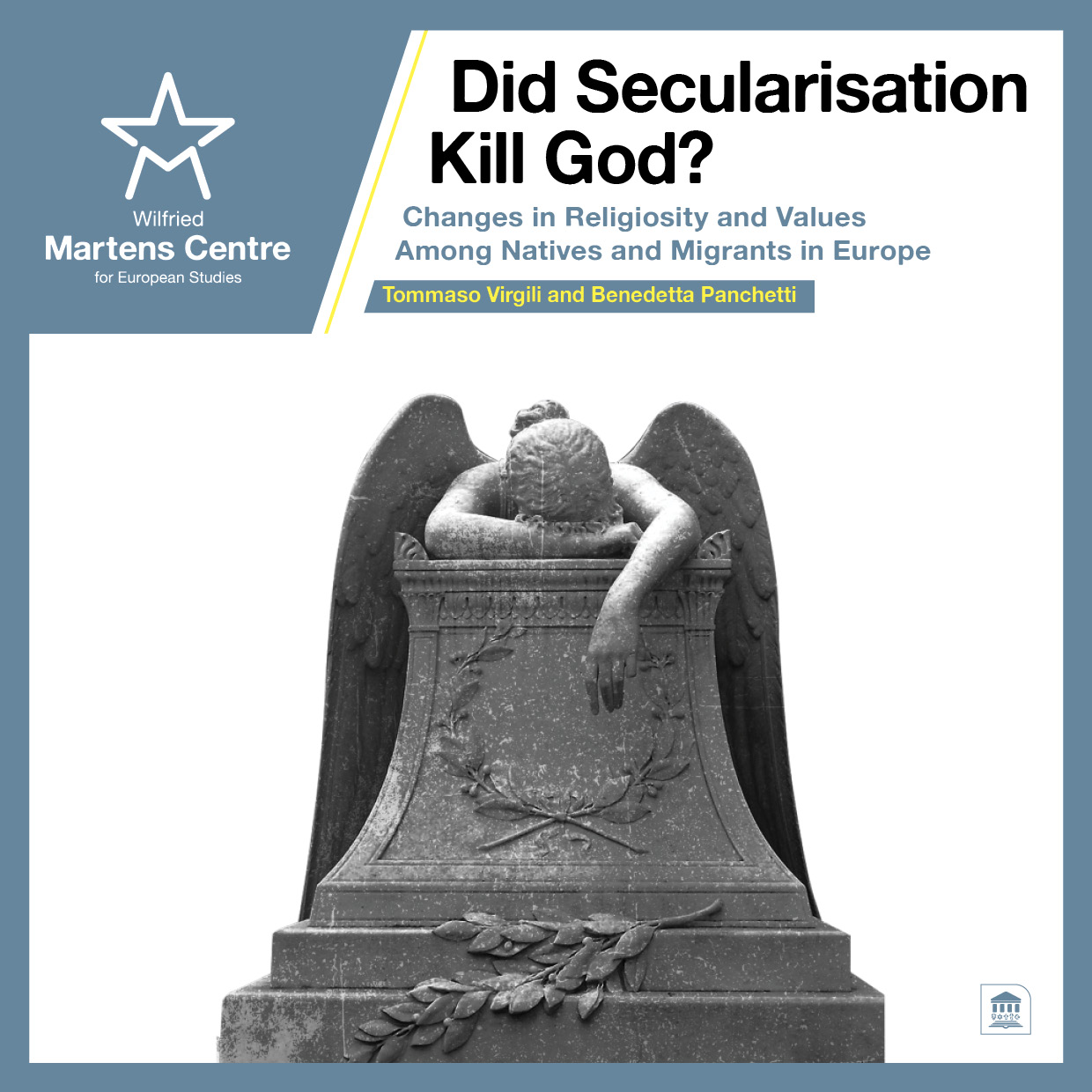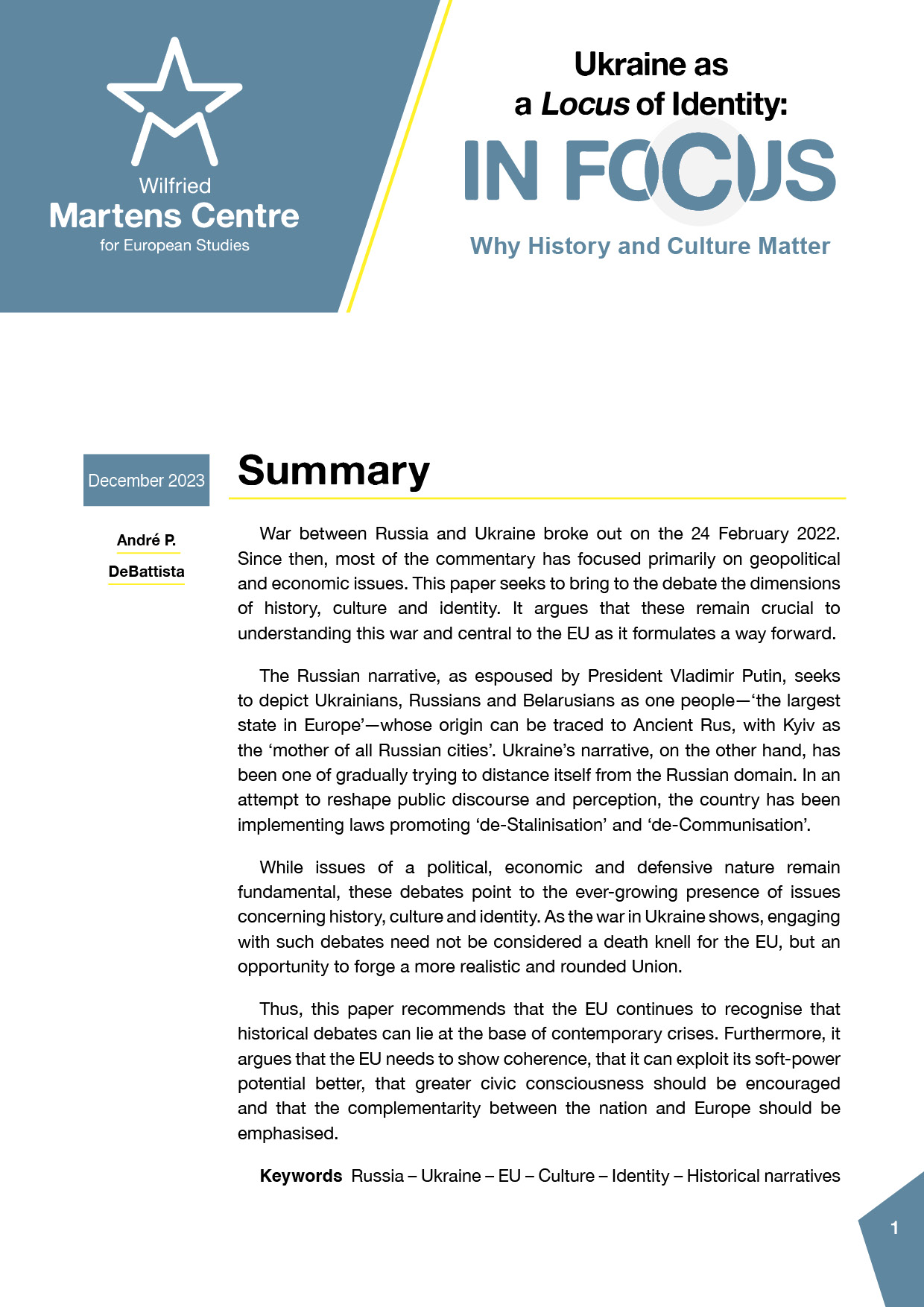From Kabul to conservative politics: a book review of Rory Stewart’s “The Marches”
23 April 2018
Contemporary politics appears to consist mostly of engaging voters through data and social media. Perhaps the latter approach bears commendable results, but it must be admitted that reading Rory Stewart’s latest book, The Marches, did stir remnants of nostalgia for days of yore, when elections were more of a shaking-hands-grassroots-waving-at-cows business.
Yet, this author ponders if in fact democracy has ever been so graceful since humanity multiplied? Is this fantasising?
On this, I would not be able to construct a viable historical perspective right now, but walking with Mr Stewart on both sides of the old Roman border, between England and Scotland, revived a wistful idealism for traditional political manners.
Over the course of thirty-three days of recorded trekking, with his father for companionship, the Member of Parliament, and now Minister of State for Prisons, has nothing to sell his constituency but his ears, spending uncounted hours in barns, pubs or forests, turning local anecdotes into ideas bolstered by the past and the present – and always with the delicacy of avoiding sharp cerebral conclusions.
When cornered, on the Scottish case for independence for instance, his first instinct is to outline the absurd: the costly and inefficient wall erected by the Roman Empire between the two territories against the “Barbarous” north, the mediation led by a French Ambassador in the 16th century and the tragicomic division that ensued, completely detached from anthropological realities.
Mr Stewart is not particularly tender towards the young pro-independence Scots he meets: they seem oblivious of that past, notably of their ancestors being at the heart of colonial Britain, hence misconceptions about the true nature of Scottishness, “who was not more communal and egalitarian than the English…”
He does show more empathy when learning about factory closures, the progress of machines which became favoured work of men, professional reconversion options, or lack thereof. There is as persistent odd feel in meeting families unable to face the global winds their ancestors helped blow during Britain’s imperial, and sometimes, violent years.
A century and a half after abolishing the Corn Laws, when Westminster liberally reduced duties in 1846, this book sometimes feels as though it is proffering a belated Tory confession that free markets might not be the best solution after all, the pressure caused by them becoming unsustainable, even for a society as individualistic as his.
A certain Disraelian type of Conservatism is increasingly obvious as the book progresses: centrality of property rights and established traditions, support for more decentralisation, indirect blows at modern capitalism whose scars are first borne by rural communities, lamentations over England’s lost social unity and transformation into “millions of separate zones” …
Because of these sociological findings, the tone is quite melancholic: “My grand-father thought the empire would last a millennium, but it had been over so fast” […] “today 9/10 do not live where they were born.” […] “suburban and abandoned areas predominate against a living countryside”. The landscape he crosses is often not the one expected; emptier than imagined, sometimes beautiful, sometimes ugly, with a melancholic twist that prevails as we see him absorbing the fears and anxieties of others, while seemingly resisting the temptation to lecture.
Gradually, one intimate glimpse after another, the reader comes to understand who Rory Stewart is. Following his public school education at Eton and then typical for this cast, Oxford, he became a diplomat, serving in the Balkans and in southern Iraq as a deputy-governor at the beginning of the war effort, going on to found a charity in Afghanistan, teaching Human Rights at Harvard, writing a few best-sellers along the way, before rushing home to run successfully for Penrith and the Border… A rather busy life, spread over several continents.
One senses that Mr Stewart wrote the book simply to announce that he miraculously found his way home – back to his roots after his peripatetic adventures. Yet, there might be more to it. A specific T.E. Lawrence quote is instructive here, an extract from a 1924 letter in which Lawrence explains The Seven Pillars of Wisdom, the memoirs he wrote before descending into oblivion to the great disappointment of Churchill:
“… the book is an apology for my first thirty years, and the explanation of the renunciation which followed on them…”
Mr Stewart, who is repeatedly and tiresomely compared to Lawrence of Arabia, is different in one essential regard: his book may verge on an apology for post-9/11 adventures, in which he had his share of responsibility – much like the author of this paper – but he is doing his best to learn from them and he did not renounce his contribution to these failures.
This is a most welcome development, as there may come more unstable times in the near future when democracies will need representatives with the character and with the sort of Conservatism Mr Stewart is beginning to shape.
ENJOYING THIS CONTENT?


















